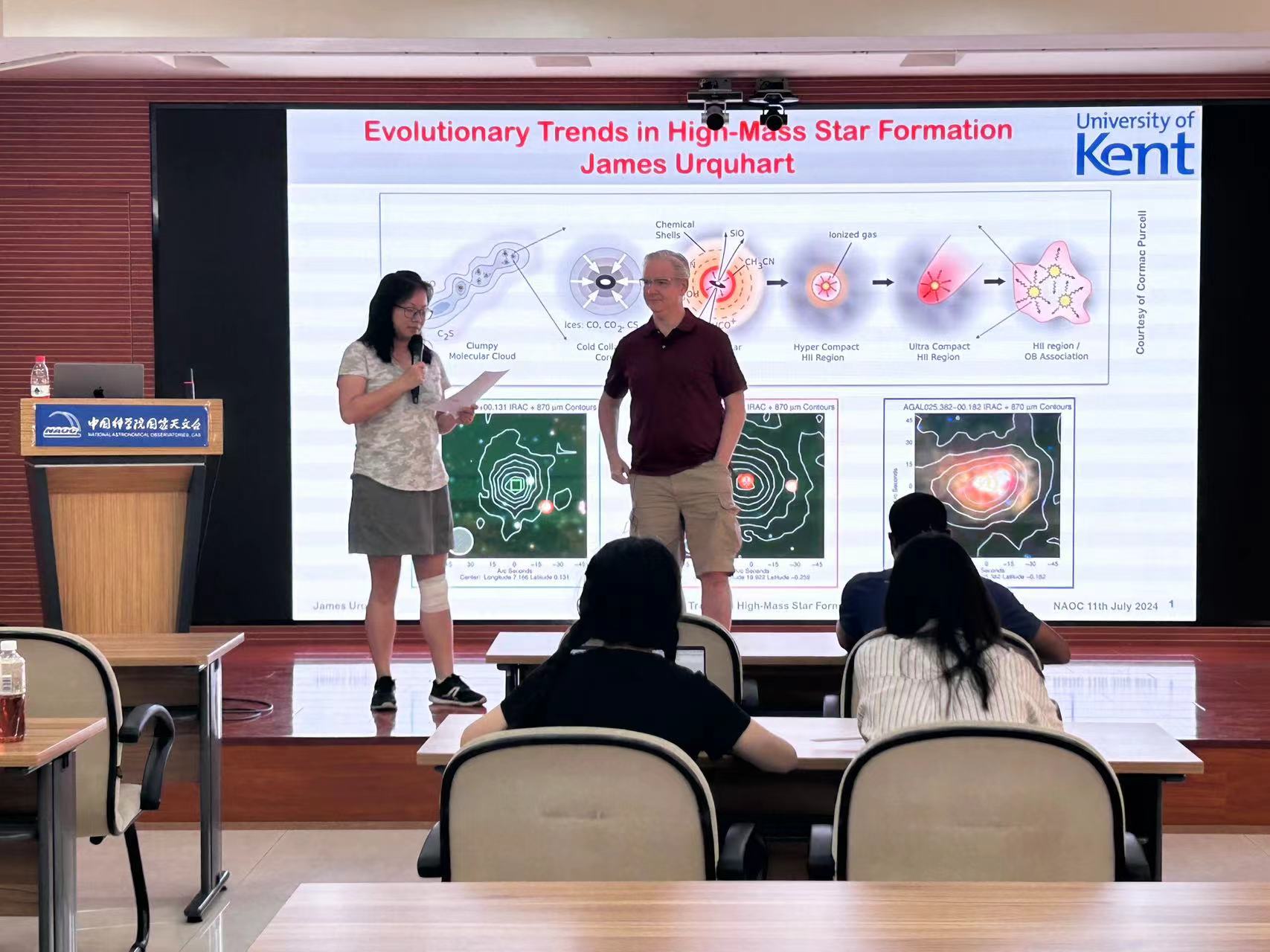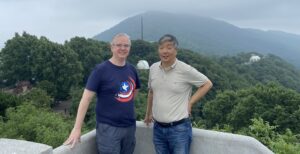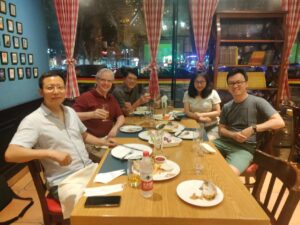
Through the generous support of the PIFI (President’s International Fellowship Initiative), I recently had the privilege of undertaking two research visits to China, in June–July 2024 and again in April 2025. These PIFI was hosted by Prof. Zhibo Jiang and the Purple Mountain Observatory (PMO) in Nanjing but also included research seminars and collaborative meetings at several of China’s top astronomy and astrophysics institutions.
During my visits, I had the opportunity to engage with researchers at PMO and Nanjing University (Nanjing), the Shanghai Astronomical Observatory (Shanghai), Three Gorges University (Yichang), Yunnan University (Kunming), the National Astronomical Observatories of China (NAOC), and Peking University (Beijing). I was struck by the exceptional quality of research at each institute and was particularly impressed by the presentations from PhD and MSc students, who demonstrated a high level of expertise, curiosity, and enthusiasm for their work.

With a shared focus on star formation, the institutions I visited offered strong synergy with my own research. These common interests sparked in-depth discussions and knowledge exchange, leading to the development of several collaborative projects. Already, two joint papers have been published, with a third currently under peer review; a clear indication of the impact and potential of these scientific partnerships.
Beyond the research, I was warmly welcomed by colleagues at every location. I had the pleasure of experiencing the rich diversity of Chinese cuisine, which varied wonderfully from region to region, and exploring many cultural landmarks. Highlights included visits to the Great Wall, the Temple of Heaven, the original PMO site, Kunming’s flower market, and the Three Gorges Dam. I particularly enjoyed social activities such as city walks, festive banquets, and even an afternoon of fishing with staff at the PMO.
This PIFI experience has been both professionally and personally rewarding. It has deepened my understanding of China’s dynamic research environment and opened doors to long-term collaborations in star formation research. I’m especially grateful to my hosts at the various institutions for their hospitality and support, including Profs. Zhibo Jiang, Ji Yang, and Dr. Zhiwei Chen (PMO), Dr. Aiyuan Yang (NAOC), Prof. Tie Liu (SHAO), Prof. Hong-Li Liu (Yunnan University), Prof. Keping Qiu (Nanjing University) and Prof. Sheng Zheng (Three Gorges University) and Dr. Ke Wang (Peking University).

The friendships and collaborations built during these visits are sure to endure well beyond the scope of the programme, and I look forward to continuing this exciting exchange of knowledge in the years to come.